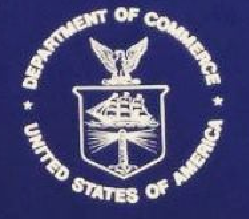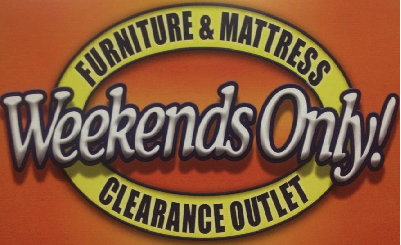Indianapolis, Indiana – Indiana copyright lawyer and professional photographer Richard Bell of McCordsville, Indiana filed a federal intellectual property lawsuit in the Southern District of Indiana. He alleges copyright infringement by Randolph Ventures, LLC of Peoria, Illinois. At issue is a copyrighted photo of the Indianapolis skyline taken by Bell that has been registered by the U.S. Copyright Office.
In 2000, Plaintiff Bell photographed the downtown Indianapolis skyline. Bell indicates in this Indiana complaint that the photo has been registered by the U.S. Copyright Office as Registration Number VA0001785115.
In this Indiana lawsuit for copyright infringement, Bell asserts that Defendant Randolph Ventures used Bell’s copyrighted image without permission when it displayed the photo to advertise its business on the Internet at http://webdesign309.com/indianapolis/. Bell claims that the limited liability company that he sued “willfully and recklessly falsely claimed that he owned the copyrights of all images and photos” contained on that website, including Bell’s photo of Indianapolis. Bell asserts that Defendant has thus profited from the use of the copyrighted photo.
In this single-defendant lawsuit, Bell contends that “as a direct and proximate result of their wrongful conduct, Defendants have [sic] realized and continue to realize profits and other benefits rightfully belonging to Plaintiff.” The acts in question are alleged to have been committed willfully and deliberately and with oppression, fraud, and malice.
In this federal complaint, which copyright attorney Bell filed on his own behalf, counts of copyright infringement and unfair competition are asserted. Bell asks for an accounting of all gains, profits and advantages derived by Defendant Randolph Ventures as a result of the alleged infringement and for statutory and/or actual damages. He also seeks reimbursement of costs and reasonable attorneys’ fees.
Practice Tip: Richard Bell has sued hundreds of defendants for copyright infringement in the Indiana federal courts. Previous blog posts regarding his litigation include:
• Bell Files New Copyright Infringement Lawsuit
• Bell Sues Georgia-Base FindTicketsFast.com for Copyright Infringement
• Richard Bell Files Two New Copyright Infringement Lawsuits
• Court Prevents Copyright Plaintiff Bell from Outmaneuvering Legal System; Orders Bell to Pay Almost $34,000 in Fees and Costs
• Three Default Judgments of $2,500 Ordered for Copyright Infringement
• Court Orders Severance of Misjoined Copyright Infringement Complaint









